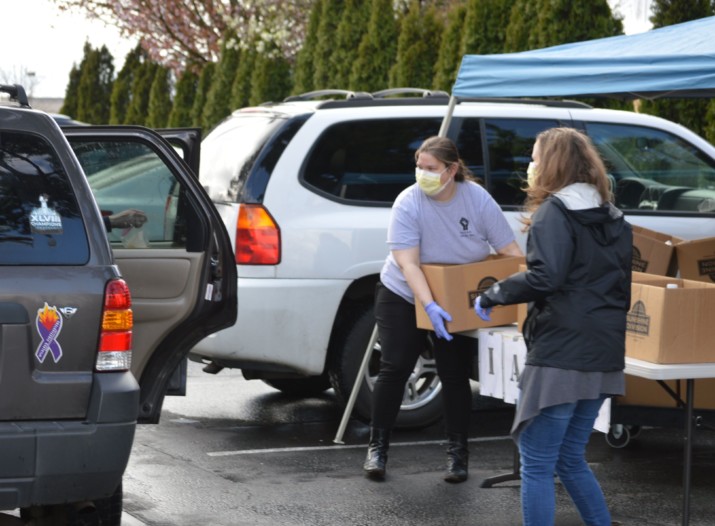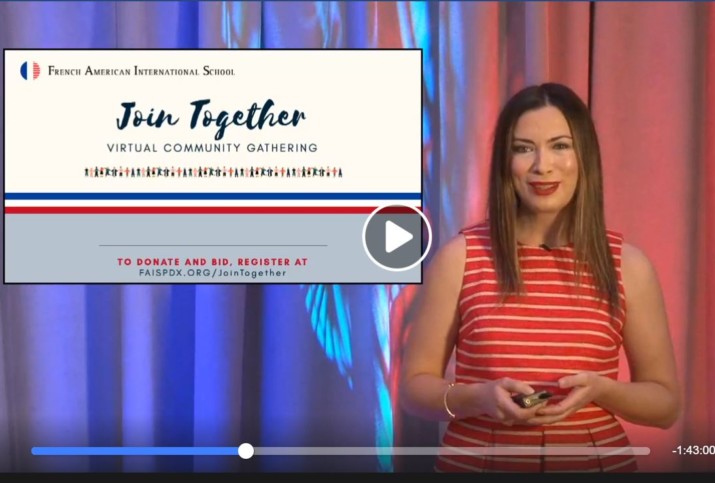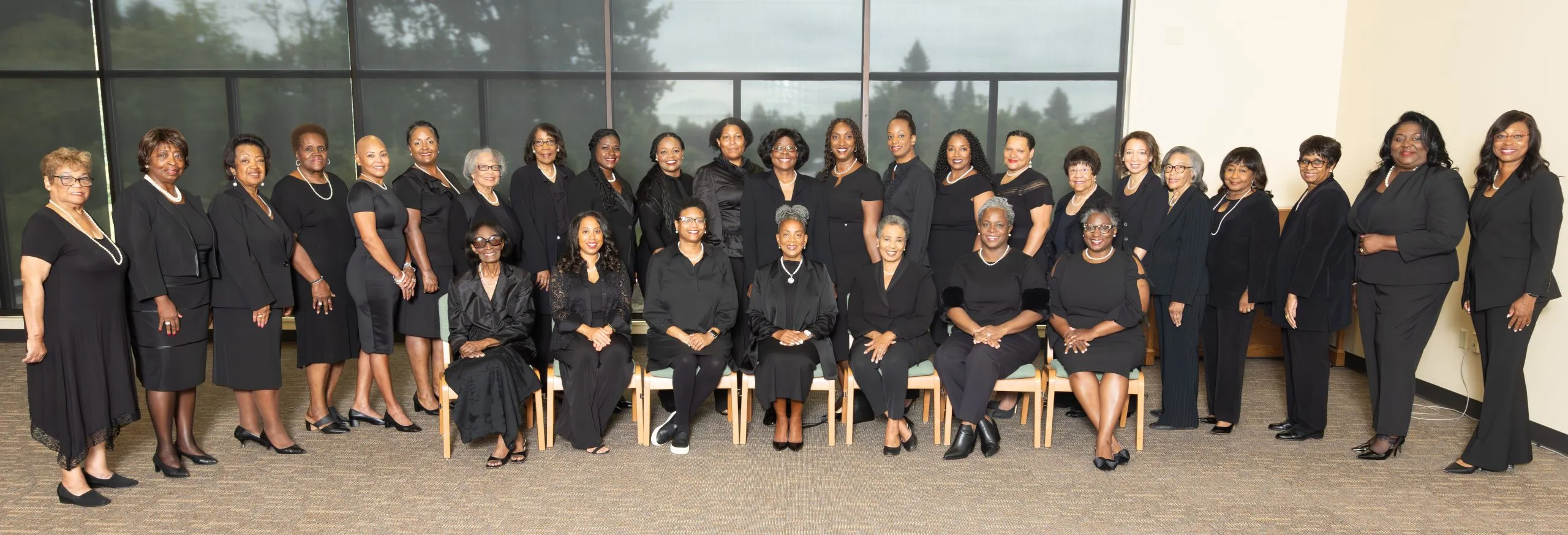Portland, OR. The coronavirus pandemic has resulted in some very hard times for many of our local nonprofits; so much so that some may go under. According to the Harvard Business Review, “In the weeks and months ahead, nonprofits will need a major infusion of cash to keep staff on the payroll, to pay rent and utilities, to provide a semblance of services during this period of social isolation, and, simply, to survive.” The outlook for some nonprofits gets more precarious with each benefit cancellation and each face-to-face fundraising event dropped due to the risk of spreading COVID-19.
Businesses that serve the nonprofit sector are seeing that donors are prioritizing organizations that are focused on health and human services. Michael Gorriarán is the President of a business serving nonprofits called Arjuna. The company uses behavioral economics modeling and artificial intelligence to optimize nonprofit outreach to donors. Gorriarán says, “Fundraising contingency plans never considered an issue of this magnitude.” He notes that the pandemic has massively disrupted fundraising campaigns and that virtual campaigns are not producing as much revenue as in-person benefits.

According to the Nonprofit Association of Oregon, 49% of the nonprofits reported adding new clients, services, or programs since the start of the pandemic. If donations drop, they’ll need to find ways to fill the funding gaps.
The importance of donors accelerating financial contributions that they might have made later was emphasized.
Unrestricted donations will do more good than restricted.
Donors should give priority to programs with proven interventions to the largest numbers of people, especially if they’re at high risk of having to close their doors.
Priority should be given to nonprofits closest to the frontline and to those serving the most vulnerable.
Halting the outflow of as much cash as possible, including a reduction in fixed costs, should be an immediate priority for nonprofits.
Any partnerships or mergers of nonprofits with similar purposes ever pondered need to be very seriously considered now.
At Portland Society Page we have a list of local nonprofits you can explore on our
Partners page:https://www.portlandsocietypage.com/partners/
Please check it out!

















